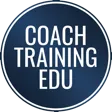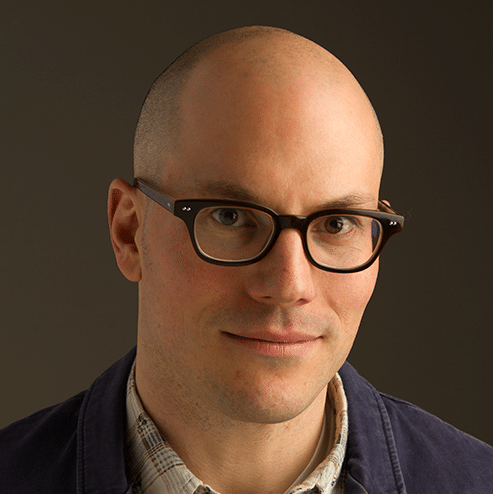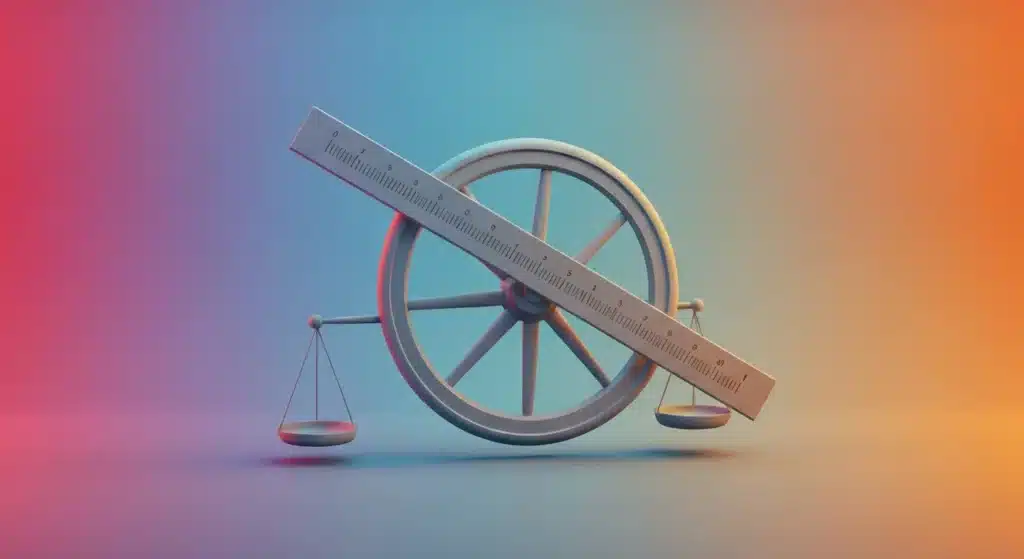Communication. Chemistry. Conflict resolution.
Relationship coaches find a passion in coming alongside others as they seek to improve their relationships. These professionals, like many others, are fascinated by what makes people tick and how their lives intersect with the lives of others. Their work is fundamental to human society, as they help others create healthier workplaces, stronger families, and a stronger sense of personal wellness.
What is a relationship coach?
Relationship coaches are professionals who partner with individuals, pairs, or groups to help them obtain better relational skills. They meet regularly with their clients to help them understand themselves better, including their communication styles, strengths and weaknesses, blind spots, and good and bad relationship habits.
What are the different types of relationship coaches?
There are as many different types of this practice as there are types of relationships. A person may seek out a relationship coach if they:
- Are looking to improve a relationship with a colleague
- Want to build stronger communication skills with their spouse or partner
- Are seeking to rebuild a relationship with a family or friend after a fallout
- Are seeking a romantic partner and want a healthy beginning to their partnership
- Are trying to develop a new relationship with their adolescent or young adult child
- Would like to improve their sex life
- Have recently changed family dynamics such as an adoption or blended family
- Have recently experienced or are contemplating a divorce
- Have trouble making friends or are wanting to make new ones
In addition, just about every coach will likely work with a client who is struggling with a relationship, despite their niche. Understanding the basics of relationship management is crucial for every coach as they seek to help their clients reach a state of flourishing.
What is the difference between a relationship coach and a therapist?
The rule of thumb here is generally that therapy deals with the past, while coaching addresses a client’s present and future. Relationships are complicated things, and human beings can tend to project old pain into new relationships, so therapy can be a healthy prerequisite to relationship coaching. Therapy and coaching can also run concurrently quite successfully.
Therapists tend to wade into the deep waters of past traumas, abuse, childhood wounds, or mental health conditions, because these topics are best handled by a qualified mental health professional. However, coaches are well-equipped to help clients manage issues surrounding communication and conflict management, setting healthy boundaries, identifying love languages, and leveraging strengths, to name a few.
How do I get certified as a relationship coach?
Certification for relationship coaching is best begun by taking a more generalized training program. The growing field of relationship coaching uses the same fundamental basics as traditional coaching, and the skills learned through that process are invaluable.
Certification is not required, however, taking specialized training that focuses on relationships can substantially enhance your ability to be effective when helping clients navigate relationship issues. The International Coaching Federation is the most widely recognized coach certifying body, so choosing a program that is accredited by that organization is advisable.
After you’ve completed a general training course, you might consider taking more specialized continuing education courses in your niche.
How do I build a relationship coaching business?
Building a relationship coaching practice from the ground up is no small feat, but living your passion is worth working for and pays amazing dividends.
- Saturate yourself with education. Read all the books, listen to all the audiobooks, read all the blogs, watch all the YouTube videos, listen to all the podcasts — whatever your preferred learning method, do it all the time! Find yourself in the world of relationships. Be learning, writing, and chatting with friends about what you’re learning.
- Choose a niche. The more specialized your practice is, the more likely you are to attract the clients who are looking for you. Focus on the specific problem you have a passion for helping others solve:
- I help career-minded individuals create strong romantic partnerships.I help recently divorced women re-frame relationships.I help professionals develop healthy boundaries with their boss and colleagues.
- Create a business plan. Once you’ve determined your niche (and it’s ok for that niche to change as you grow and develop as a coach!), put together a business plan to lay out your business strategy. How will you primarily reach your audience? What are your strengths? Are you good at sales and marketing? If not, what other resources can you leverage to help you get the word out? Are you good at writing and/or video creation? If not, what other resources can help you establish your personal brand?
- Practice, practice, practice! Early on in your career, try to find as many practice clients as possible. Keep in mind that ICF certification will require 100 hours of practice coaching. This is an amazing and fun way to grow personally, get to know your potential paying clients, and network, network, network! Entering someone’s life as a coach is a sacred and beautiful thing, and the absolute best way to hone these skills is to create a regular practice.
Why become a relationship coach?
Only you can determine if relationship coaching is the best career path for you. The role of a relationship coach is critical to society because relationships are the framework of everything we do. Our ability to communicate and connect with one another makes us better workers, community members, and family members. In doing so, we all thrive.




